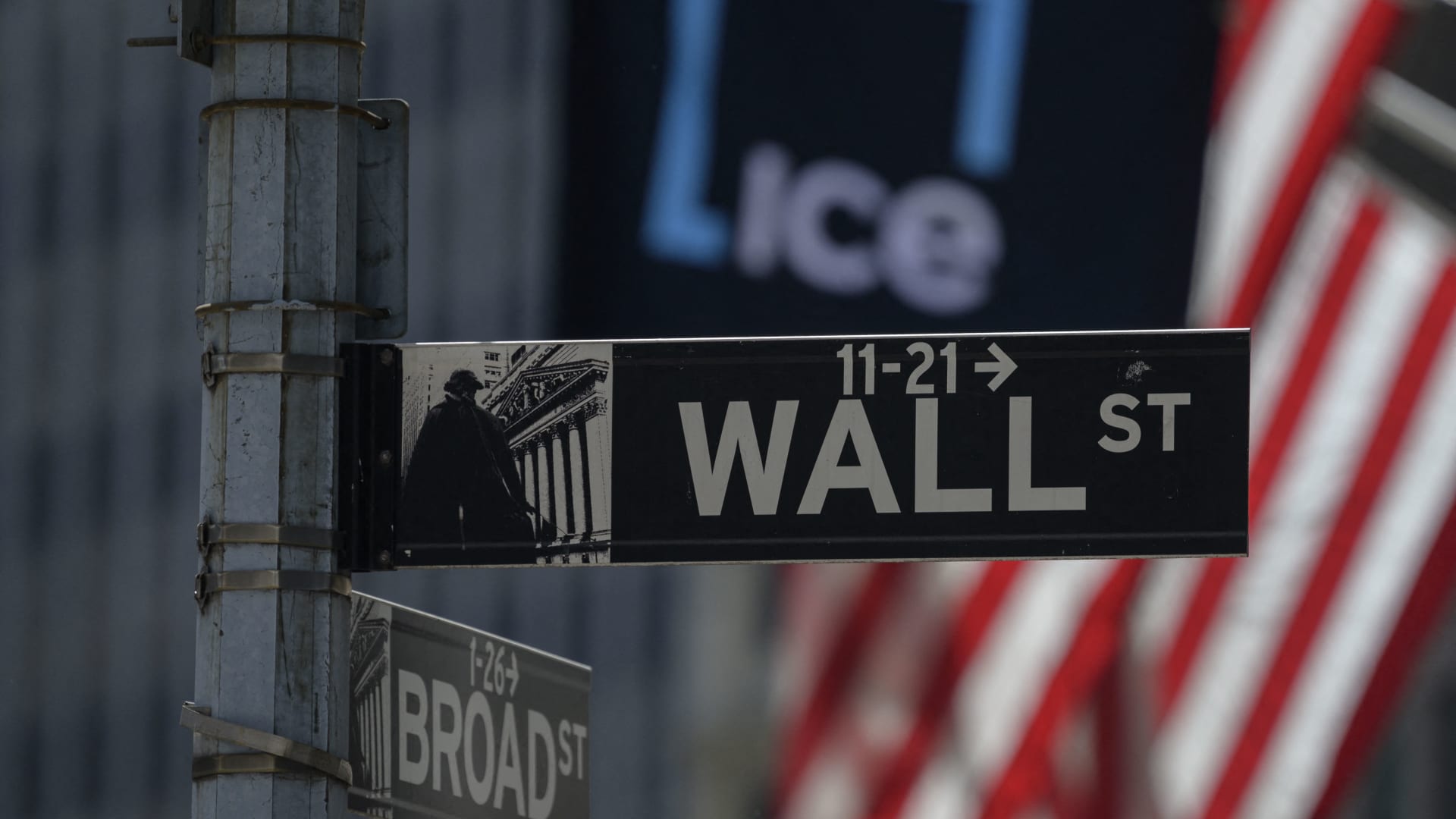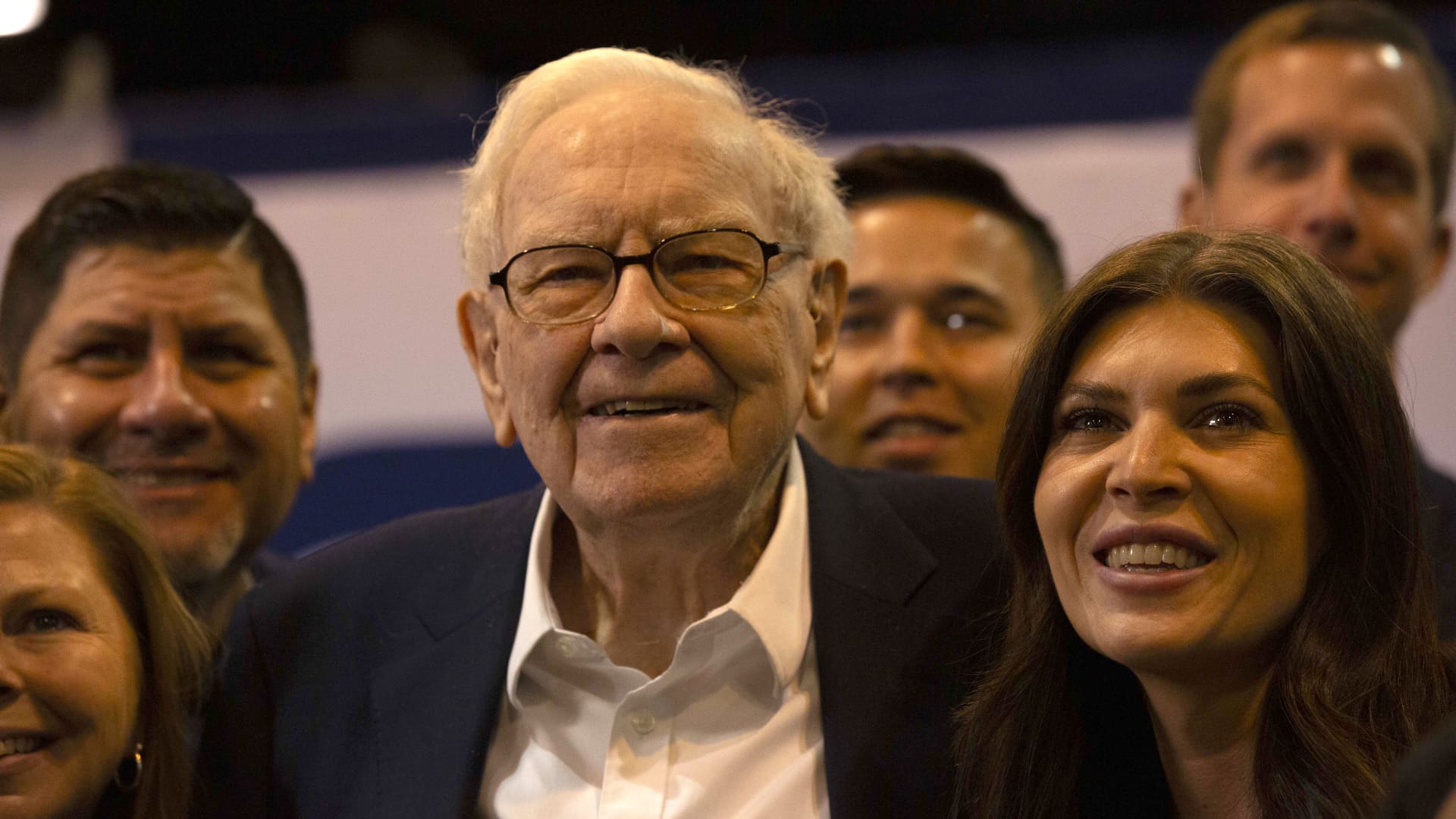A ‘phenomenal’ stock: Irrationality has made this wealth manager look super cheap, investor says

Irrational behavior due to concerns over the stability of the U.S. banking system has made Charles Schwab ‘s stock a cheap investment opportunity, according to value investor Daniel O’Keefe. Schwab is one of the world’s largest wealth managers, with around $8 trillion in assets under administration. The company’s share price has weakened by 34% this year to $55 amid concerns that, like some regional banks in the U.S., it could face a run on deposits. O’Keefe, a managing director at Artisan Partners, believes this fear is unfounded and stems from a misunderstanding of the business. “As a result of what happened in the U.S. and the regional banking crisis, people became very fearful, irrationally so, that there could be a run on the bank at Schwab,” O’Keefe, who oversees the Artisan Global Value Fund, told CNBC Pro. “That has not been the case. It’s not going to be the case.” SCHW YTD line ‘Cash sorting phenomenon’ Schwab operates an investment platform and provides asset management services, in addition to having a bank that holds customer’s uninvested cash. Typically, the bank invests these unused customer deposits in highly liquid and risk-free assets that earn additional income. However, when interest rates rise, customers tend to withdraw some of this cash to invest directly in higher-yielding securities like money market funds and Treasuries. O’Keefe said this “cash sorting” was mistaken for a bank run. The stock picker believes that as interest rates stabilize, net interest income at the bank should also stabilize and slow the outflow of funds. “There was no run on the bank at Schwab — it was just this cash sorting phenomenon,” O’Keefe, who manages $2.1 billion in client assets, added. Not everyone is convinced, however, and some investors have been dumping Schwab shares. The stockbroker’s shares fell by more than 10% on three consecutive days in March as fears over hidden losses gripped the wider U.S. banking system. Last year, Schwab held on average more than $158 billion in U.S. government bonds . These have now fallen in value steeply by $15.5 billion. However, the wealth manager said it intends to hold these bonds until maturity, thereby not accounting for the losses on a mark-to-market basis. Schwab’s chief executive has also said the bank has ample liquidity and will not be forced to sell these “held-to-maturity” bonds to meet customer withdrawals. Analysts’ view Deutsche Bank analysts remain cautiously bullish on the stock, although they noted that “cash-sorting” rose in the last month disclosed by Schwab. “We view SCHW’s August metrics report as being mixed overall, though moderately negative for the stock,” said Deutsche analyst Brian Bedell in a note to clients on Sept. 18. “On the negative side, cash sorting moved back up in August post the July Fed hike, and Ameritrade client attrition around conversion activity also rose considerably.” Despite this, he expects shares to rise by more than 30% to $70 over the next 12 months. JMP Securities analysts led by Devin Ryan raised their price target on the stock to $77 a share – giving it 40% upside – and added that they do not see cash-sorting as “lasting headwinds.” “We believe fears of a reacceleration in cash sorting behavior are overblown,” the JPM analysts said in a note to clients on Sept. 20. While the bank has seen deposits decline, higher interest rates have boosted net interest margins over time. Interest income rose to more than $4.1 billion in the quarter ending June, compared to $3.8 billion for the quarter ending December 2022. The business has also continued to grow as Schwab gains new accounts and assets under management. O’Keefe noted that while trading revenue and asset management fees will fluctuate, “the trend in the underlying asset and activity of the business is rising.” Over the long term, O’Keefe sees Schwab’s franchise as consistently expanding. He initiated a position in Schwab for the value fund, calling it “a phenomenal business” trading at a discount.









